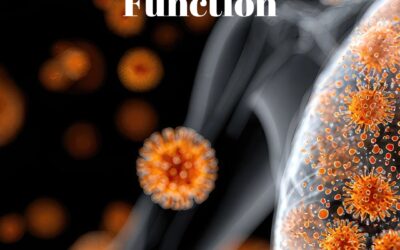Genotyping can determine an individual’s susceptibility to breast cancer.
Breast cancer is the most frequent cancer found in women living in Western countries and is surpassed only by lung cancer as a cause of death. The risk factors, however, are not completely understood, but environmental and genetic factors are widely accepted as causes.
Spanish researchers looked for links to breast cancer susceptibility through genotyping and found that a combination of common variants together with genotyping contribute to breast cancer predisposition.
Their study “Oxidative stress in susceptibility to breast cancer: study in Spanish population” was published online in the November edition of BioMed Central. It shows individual differences in oxidative stress regulation that can explain part of the variability in cancer risks.
The study examined if polymorphisms in genes codifying for different systems involved in oxidative stress levels play a role in a person’s tendency to breast cancer.
Research focused on 483 Spanish breast cancer patients and 683 controls with replicated results.
The researchers concluded that there are different genotypes in genes of the oxidant/antioxidant pathway that could affect susceptibility to breast cancer in individuals.
Researchers highlighted the importance of analyzing epistatic interactions to accurately define the influence of genetic variants as a predictor of breast cancer susceptibility.
For more information, visit the website: http://www.biomedcentral.com/1472-6882/14/354





















